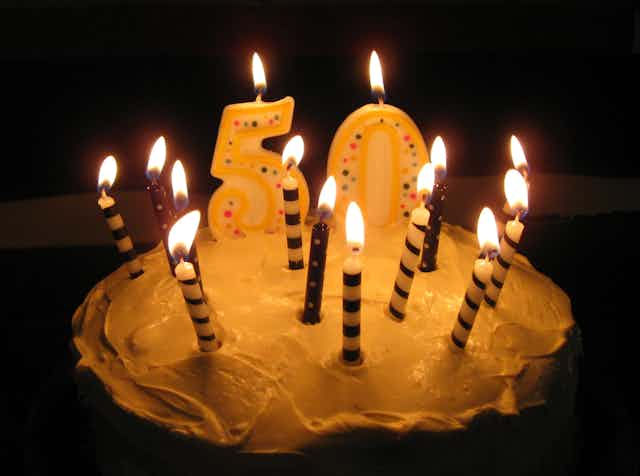It’s intelligent. It’s left-wing. It’s pathbreaking. It’s non-commercial. It’s fiercely autonomous and it has loyal readers. Arena is the kind of media entity that, in the world of Rupert Murdoch and Tony Abbott, shouldn’t exist.

And yet this year Arena, the little magazine started by a bunch of radical intellectuals in Melbourne in 1963, celebrates its 50th birthday. How have they kept it in print? That’s an achievement that has required an immense amount of work of a group of activists who have stayed in it for the long haul.
Australia has had lots of little magazines and alternative media. They are important to our cultural life as the mainstream mass media have become steadily more homogenised. It’s even more important since Murdoch bought most of the metropolitan dailies and his acolytes have made them brutally right-wing.
A conference at Melbourne University on Friday will reflect on a half-century of Arena’s contribution to Australian political and cultural life.
A model publishing co-operative
Perhaps Arena deserves two parties, as in 1992 the print version divided into Arena Journal, which published research articles, and Arena Magazine, which runs more current affairs analysis. (Perhaps it should have three parties, as there is now an online Arena too.)

Most little magazines and alternative papers don’t last unless they get sponsorship – from a businessperson, a university or the one true revolutionary party. Arena has survived without doing that, essentially by functioning as a co-operative.
This is an important model of intellectual activism, relevant to other settings and other media, including online.
A vital early move the Arena group made was to recognise that the mental labour of analysis and writing is only part of the work involved in putting out a magazine. So Arena also became Arena Printing, integrating the physical production process too; and that printing business is still running.
That decision wasn’t made by chance. The group who set up Arena in the 1960s experienced the toxicity of the Communist Party in its Stalinist days, and had been battered by some toxic anti-communist politics too.
They were looking for new directions for socialist thought, and the magazine became the vehicle for this search.
What’s intellectual labour good for?
One of the key issues they identified was the changing social role of intellectuals themselves. The analysis they gradually nutted out became known as the “Arena thesis”.

It was called by one commentator “the most lucid and original development of Marxist theory” there has been in Australia.
I would add that it’s one of the most interesting and powerful analyses of intellectual workers that’s been developed anywhere in the world.
The Arena group didn’t buy into the pop-sociology view that intellectuals are a “new class” or a powerful “elite” with the potential to dominate the society, a line you will occasionally see in the right-wing press today.
Instead they started with the observation that organised knowledge has become more important as a component of the whole economy, embedded in all production processes. “Intellectually-trained workers” have become a larger group, and a more strategic group, in the whole workforce.
A hopeful approach

It’s important, then, to look at the occupational culture of intellectually-trained workers. And here the Arena analysis found room for hope. The “intellectual culture” is inherently anti-authoritarian; it works by critique, debate and exchange.
Its characteristic form is not the hierarchy of corporations and bureaucracies, but horizontal networks. Intellectually-trained workers, then, would be a key resource for democratic politics in a post-industrial society.
(Arena was pointing to the social importance of networks about 25 years before this became a big theme in European social theory. They are rarely acknowledged as the pioneers.)

There’s much more to the analysis than that; the writers in Arena have continued to work on these issues for five decades now. And many other issues.
The student movement of the 1960s, the feminism and counter-culture of the 1970s, radical cultural change, new media, neoliberalism, environmental pressures, and the new configuration of global power, have all been subjects of analysis.
Arena also saw, earlier than most on the left, the new configurations of colonialism. The magazine provided notable support for the Timor Leste independence movement when most Australian media and politicians lost interest in the issue.
The Arena century
Arena is not mass media. It hasn’t the immediate reach of Murdoch, Packer, Fairfax or the ABC. But it’s important in a different way. It’s kept going a tradition of independent radical politics, engaged intellectual work, sophisticated social analysis and wide interests.
Over time, it’s certainly reached a large number of readers. I think it’s a national treasure, and I wish it a happy 50 years to come.
Raewyn Connell (www.raewynconnell.net) will be giving a keynote talk at the Arena 50th anniversary conference in Melbourne on November 15 2013.

